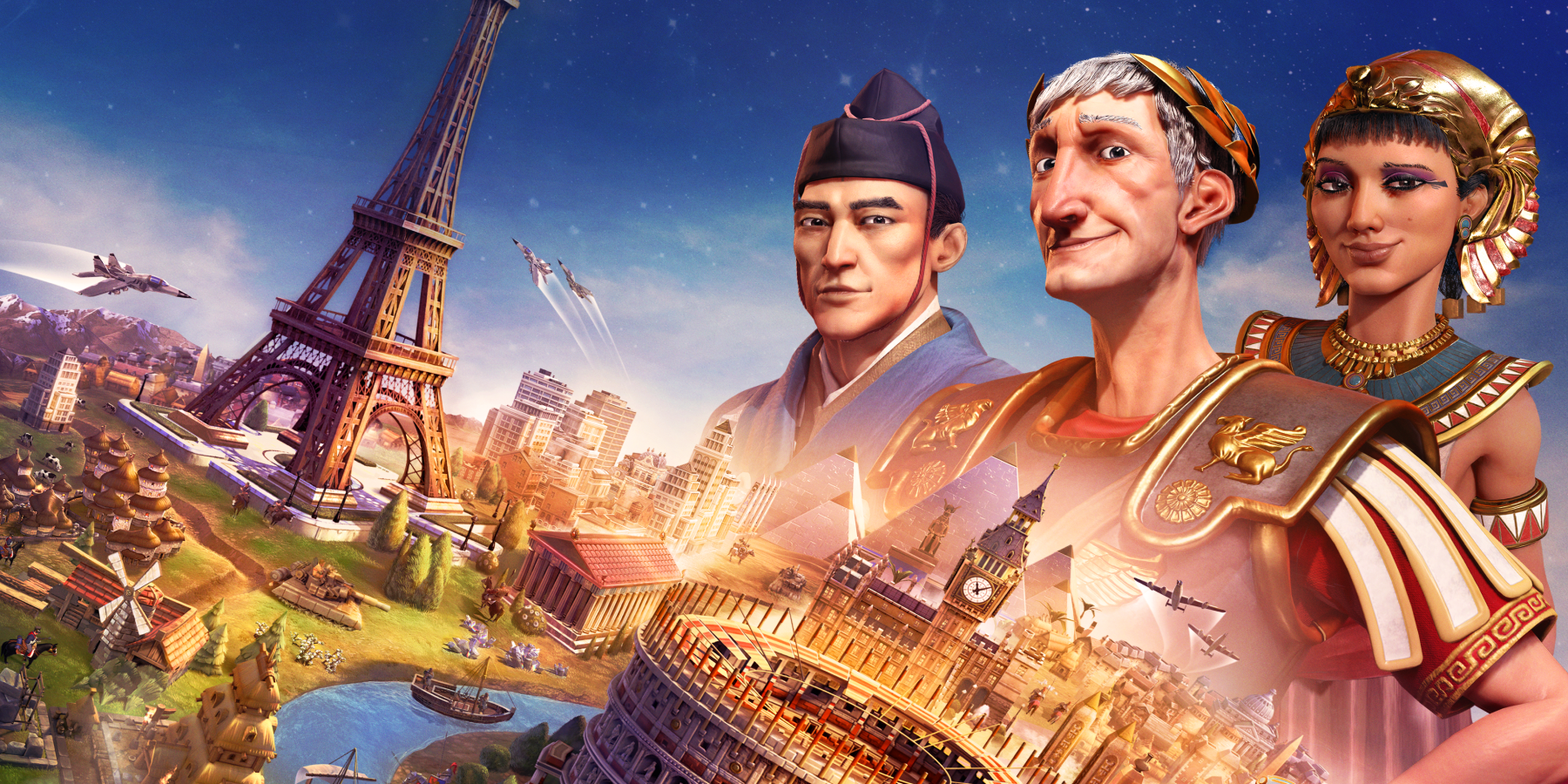
Summary
- Hearts of Iron IV offers a gritty military-industrial complex experience, focusing on victory at all costs.
- Stellaris allows players to craft a sci-fi empire with a unique societal blueprint among the stars.
- Victoria 3 redefines nation-building by centering on society’s simulation and the impact of economic choices.
Today’s best nation-building games are more than just digital maps and resource menus; they are sprawling worlds that tackle power, politics, and identity. They push beyond simple management to become compelling experiments in governance, forcing players to adapt to unpredictable worlds and survive the consequences of their own ambition.
Whether managing a wartime superpower, orchestrating a cosmic empire, or guiding a scrappy colony through chaos, each of these games brings a different vision of what a “nation” really means. From Civilization 6‘s world wonders to the procedural chaos of Dwarf Fortress, here are a few essential nation-building games that turn leadership into a legendary experiment.
Hearts of Iron 4
The Ultimate World War II War Machine Simulator
Hearts of Iron 4 is a grand strategy game, where every citizen, factory, and policy is another cog in the military-industrial complex. Set against the global backdrop of World War II, this game strips “nation-building” down to its grittiest essence, transforming any chosen state into a well-oiled war machine.
Rather than nurturing a vibrant society or delicate culture, players are tasked with one goal: victory at all costs. Political power, conscription laws, and an intricate production network all serve the singular purpose of outmaneuvering enemies. Hearts of Iron 4 is a masterclass in simulating a nation’s military-industrial complex, which means players spend more time planning destruction than building.
Stellaris
Crafting a Sci-Fi Empire From Scratch
Imagine building a nation from the ground up, not on Earth, but among the stars. Its core strength is the freedom it gives players to write a societal blueprint. The Empire Creator is a powerful toolkit where players define their nation’s core philosophy by combining Ethics, Government Authority, and unique Civics that can turn their society into a mega-corporation or even a hive mind.
The game’s narrative is structured in three distinct acts: a wondrous early game of exploration, a mid-game focused on internal governance and diplomacy, and a late-game defined by a galaxy-threatening crisis that tests a civilization’s will to survive.
Victoria 3
Society Itself Is the Main Character
Victoria 3 redefines nation-building by putting society at the center of its simulation. Spanning the revolutionary century from 1836 to 1936, the game is less about armies and more about “Pops”: millions of simulated citizens with unique needs, politics, and ambitions.
Here, every economic choice sends shockwaves through society. Raise the standard of living, and new political movements are empowered; neglect industrialization, and reactionaries might spark a coup. Victoria 3 stands out for its dynamic economy and internal politics. Interest groups jostle for power, ideologies clash, and the push for reforms can either modernize a nation or plunge it into revolution.
Total War: Three Kingdoms
A Nation Forged by the Bonds of Its Heroes
Set during the legendary collapse of China’s Han dynasty, Total War: Three Kingdoms brings a fresh twist to nation-building: the focus is all about the people in charge. Here, the nation is only as strong as the relationships, rivalries, and loyalties of its generals and statesmen. Beyond the usual city-building and resource management, every campaign is shaped by character-driven mechanics.
The “guanxi” system tracks the tangled web of friendships and feuds, turning every council meeting into a political minefield. Battles are cinematic, with powerful generals dueling amid thousands of troops, while diplomacy is deeper and more nuanced than ever for the series. Three Kingdoms’ blend of grand strategy and RPG elements makes every conquest feel personal.
Europa Universalis 4
The Grand Strategy Historical Sandbox
For many strategy fans, Europa Universalis 4 is the gold standard of nation-building sandboxes. Spanning centuries from the Renaissance to the Enlightenment, EU4 lets players guide any nation, from global empires to tiny duchies, through war, diplomacy, trade, and colonization.
The Monarch Power and Ideas systems create a constant push-pull between development, military, and diplomacy, rewarding creative and adaptive play. With its Nation Designer tool and legendary modding scene, EU4 offers near-infinite replayability. No two games are the same, and the emergent narratives rival the wildest alternate history novels.
Sid Meier’s Civilization 6
The Perfect Board Game of Human History
Civilization 6 doesn’t just let players build nations — it allows for a rewriting of human history, one turn at a time. As the flagship of the 4X genre, the game balances depth with accessibility, turning centuries of global development into a bright, engaging game of science, culture, and conquest. The unstacked city system requires clever urban planning, while government policy cards and diverse victory conditions reward flexible, adaptive strategies.
Every leader and civilization is packed with unique bonuses, allowing players to try radically different approaches, from religious domination like Russia to scientific triumph like Korea. Civilization 6 prioritizes compelling strategic choices and immense replayability. It is a polished, masterfully crafted experience that remains a benchmark for the genre.
Dwarf Fortress
The Colony Simulator Where Anything Can Happen
For decades, Dwarf Fortress has been the gold standard for procedural generation and emergent storytelling, offering a sandbox of unparalleled depth. Every world is generated from scratch, complete with its own geology, mythology, and centuries of simulated history. Players are tasked with controlling a group of dwarves, building an underground fortress, managing their daily lives, and dealing with challenges like goblin attacks, floods, and sudden chaos.
Unlike other games, Dwarf Fortress simulates everything, from the physics of falling rocks to the emotional trauma of losing a pet. It’s a storytelling engine where every playthrough is a fresh epic. For those willing to handle its learning curve, no other game comes close to simulating the fragile, chaotic beauty of building a nation from scratch.
#Games #Build #Nation #Ranked

